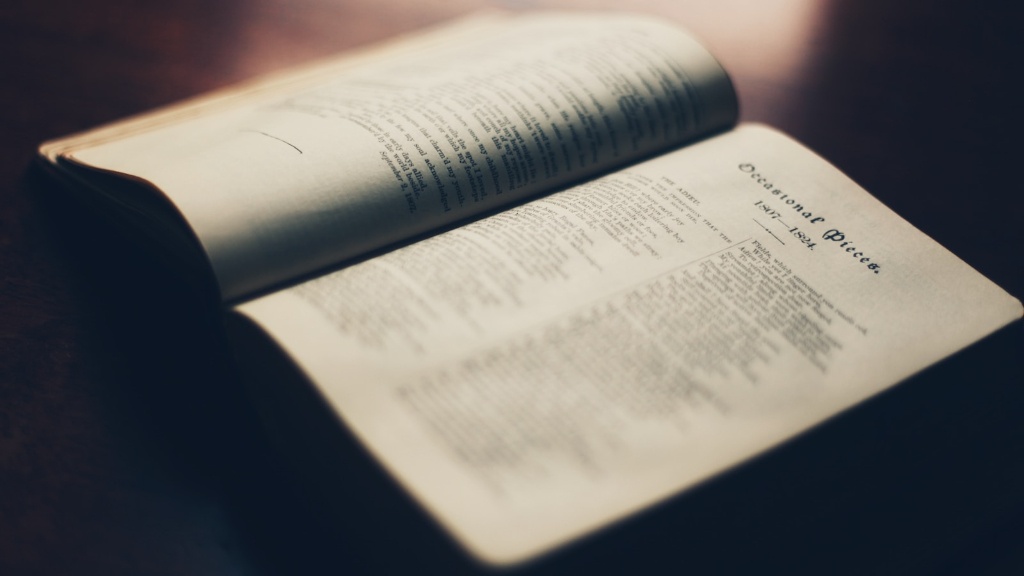Definition of Walt Whitman
Walt Whitman was an American poet, essayist and journalist in the mid-19th century. Whitman is considered one of the most influential and quintessential American writers of the 19th century. He is best known for his celebrated poem collection Leaves of Grass, which was first published in 1855 and combined groundbreaking lyrical style and modern themes of democracy, sexuality and spirituality. Whitman’s poems were revolutionary for his time and even today, they continue to resonate deeply with readers, inspiring them to question the status quo and reimagine the possibilities of the world. Whitman’s work has been the subject of intense critical analysis and scholarship, influencing generations of writers and inspiring countless works of art.
Early life
Walt Whitman was born on May 31, 1819, in New York City. He was the second son of nine children. Whitman’s parents separated shortly after his birth and financial difficulties forced the family to frequently relocate. Throughout his childhood, Whitman attended various schools, though he never received a formal education in any one particular area and was primarily self-taught. From an early age, he was deeply interested in the written word, publishing a number of short stories and poems to local newspapers starting at the age of 11. His early works were heavily influenced by the works of British and American Romantic poets. As a teenager, Whitman also took a series of jobs to help support his impoverished family.
Career as a Poet
During the 1850s, Whitman worked as a printer, newspaper editor and journalist while beginning to write his groundbreaking poem collection Leaves of Grass. Published in 1855, the collection garnered mixed reviews. Many critics praised Whitman’s fresh and daring approach while others were scandalized by the sensual and explicitly sexual topics of his works. Over the next decade, Whitman continued to write and publish poetry, working on seven different, revised printings of Leaves of Grass. While his writing style changed little, later editions included many longer, more politicized poems that actively critiqued American society and politicians.
Later Work and Legacy
In the late-1800s, Whitman began to focus on prose and journalism, publishing numerous essays and reviews. He also took a job in the Department of the Interior and later in the Army Paymaster’s Office, though he was fired after his controversial writing was discovered. After being diagnosed with a serious illness in the late-1800s, Whitman moved in with his brother and continued writing, though he never published a full-length work again. He died on March 26, 1892, in Camden, New Jersey. Walt Whitman’s works have been widely studied and read, influencing generations of writers and poets. His audacious and sweeping poetic style, which shifted and grew with each successive edition of Leaves of Grass, has been widely praised as daring and revolutionary.
Influence and Reception of Whitman’s Work
Whitman’s work had an immediate and lasting impact on the literary world, inspiring generations of poets and writers. His works were heavily praised by luminaries like Oscar Wilde and William Butler Yeats, who credited him with developing a “uniquely American style” of poetry. He was also greatly admired by 20th century American modernists like Ezra Pound and T.S. Eliot and was hailed as one of the pioneers of free verse. In addition to his influence on American literature, Whitman’s works have also inspired countless works of art, including famous sculptures, paintings and theatrical productions. His work continues to be widely read and studied and he is celebrated as one of America’s most influential and beloved poets.
Analysis of Whitman’s Style
Whitman wrote in a complex but uniquely fluid style that blended elements of free verse and traditional poetic forms. His works often included long passages of uninterrupted text, with powerfully impactful single-sentence stanzas used to great affect. Whitman’s works were often heavily reliant on traditional poetic structure but incorporated modern concepts, focusing heavily on a wide range of social and political topics. Whitman’s style was audacious and daring, focusing on difficult topics like sexuality and mortality that many other writers shied away from. He was highly experimental with form and free verse and successfully merged traditional structures with complex, unconventional ideas.
Spiritual Beliefs and Humanism
Walt Whitman was a fervent believer in the power of individual expression and spiritualism, which are both heavily featured in his works. In addition to his work, Whitman also wrote extensively on the power of spirituality, particularly after a trip to India in 1853. Whitman openly discussed his spiritual beliefs during a time when many American poets and writers shied away from such topics. He also heavily critiqued monotheistic religions, while still expressing his belief in a higher power. He embraced a range of spiritual perspectives from humanism to occultism, but was loathe to commit to any one distinct ideology. Despite his reservations about traditional religion, his works often focused on themes of faith and spirituality and his interest in such topics profoundly informed his writing.
Messages in Whitman’s Poetry
The works of Walt Whitman have been the subject of much critical analysis, with many sources citing a range of recurring themes. Ultimately, Whitman embraced a non-traditional, non-conformist approach to life and his works are often praised for their examinations of complex social and political issues. Representative topics include feminism, democracy, sexuality and mortality, among numerous others. Whitman’s works provided comfort to many readers who felt marginalized by traditional American society and were praised by literature scholars for their progressive and unconventional outlook. For the many readers who felt trapped inside the status quo, Whitman provided a welcome respite by reimagining the possibilities of the world.
Reinvigoration of the American Imagination
Walt Whitman’s works were revolutionary for his time, inspiring generations of writers and readers to think outside the traditional norms of American literature. His works focused on challenging issues, including friendship, death and the power of individuality. He brought a new level of intensity and daring to literature that was greatly welcomed, allowing readers to escape from the often-oppressive thematic confines of traditional literature. Whitman invigorated the American imagination, providing a vital source of inspiration to his many admirers.
Influence on Other Writers
The works of Walt Whitman have had a powerful and lasting impact on literature, influencing generations of writers. In particular, his groundbreaking lyrical style and use of free verse have been cited as major influences on modern American literature. Whitman’s works have been emulated by countless contemporary poets, often utilizing his unique combination of style and substance to convey their own messages. A number of prominent authors, including William Carlos Williams and Allen Ginsberg, cited Whitman as a major influence in their works. Whitman’s insistence on individual expression, daring subject matter and unconventional style continues to impact modern writing, inspiring some of the most important authors of our time.


